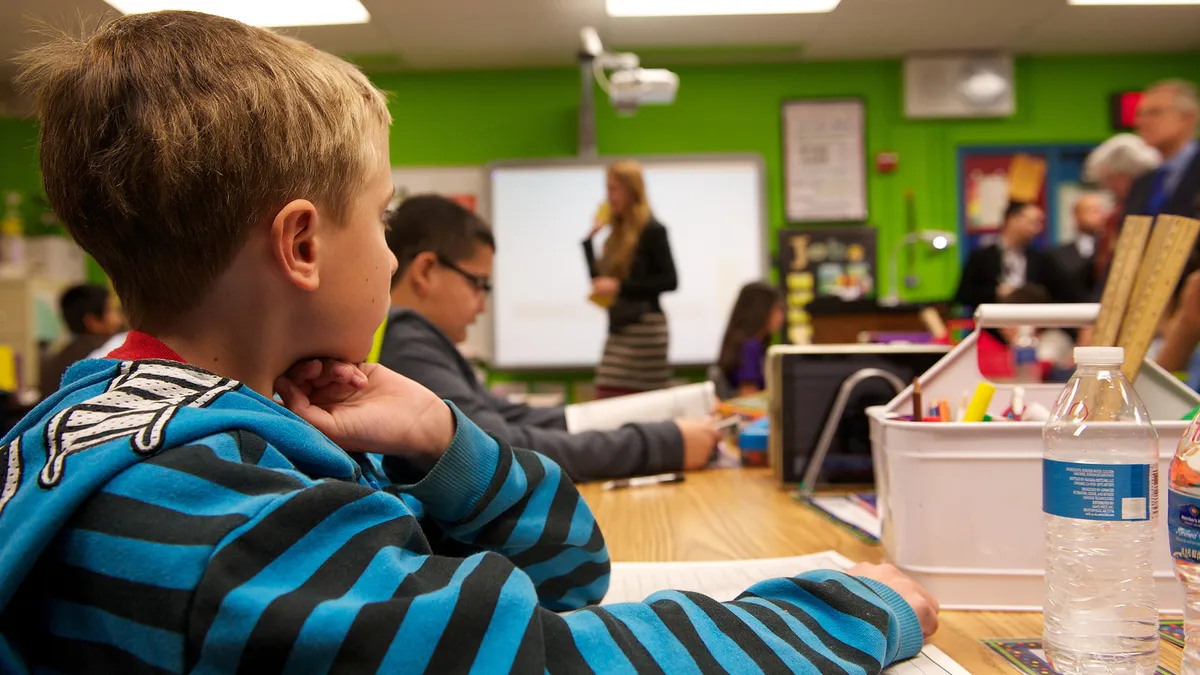Dive Brief:
- According to a new study by researchers at Georgetown University, sex and health classes should be offered to students as young as 10.
- The study asserts that teaching students about the birds and the bees at younger ages will decrease the likelihood of unwanted pregnancies, sexually transmitted diseases, and unsafe abortions later in life.
- The authors of the study contend that sex and health issues come up during puberty (ages 10-14), but a younger person may be more receptive and malleable when it comes to advice on staying safe.
Dive Insight:
“If programs…are implemented at a time when adolescents are still malleable and relatively free of sexual and reproductive health problems and gender role biases, very young adolescents can be guided safely through this life stage, supported by their parents, families and communities,” the authors of the study wrote. This thinking matches the belief that teaching about sex ed early can also give children more time to think about what they've learned and gain self-esteem before making decisions.
Interestingly, this study follows yesterday's news of parents in California who are protesting what they believe to be a sexually inappropriate health book for ninth graders. It is also important to note that teaching students about sex does not mean advocating for early sex so much as teaching kids before they are feeling pressure and self-esteem issues — in other words, while they may still be receptive.












